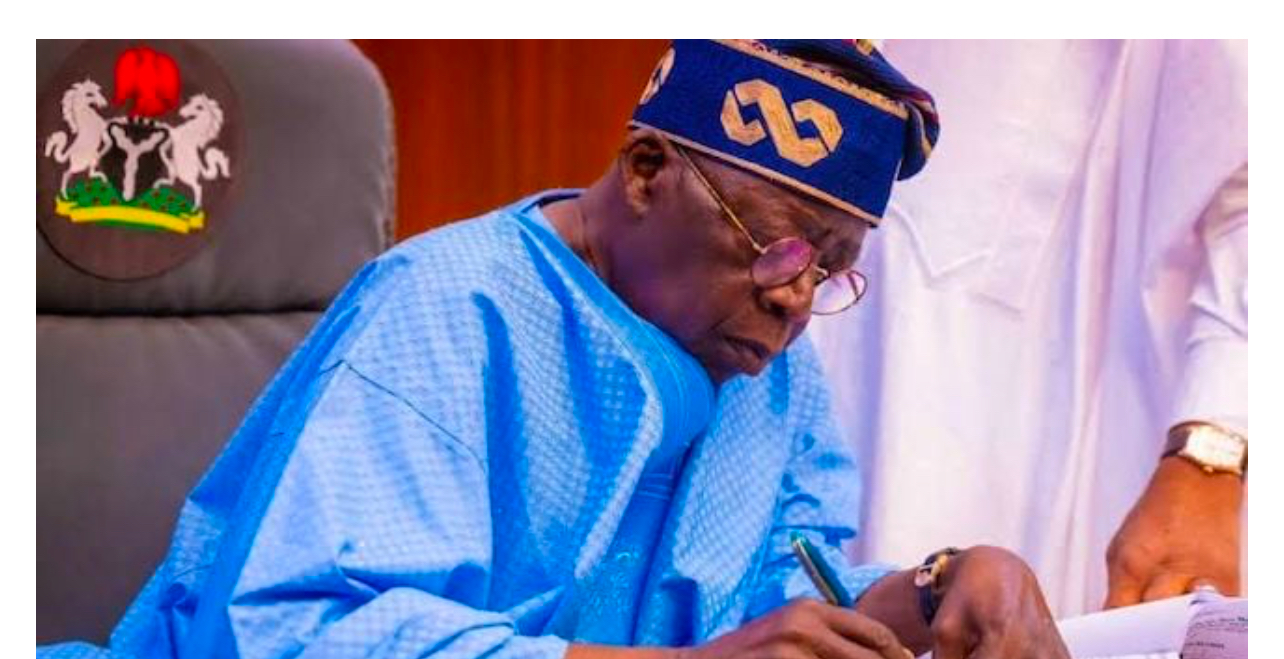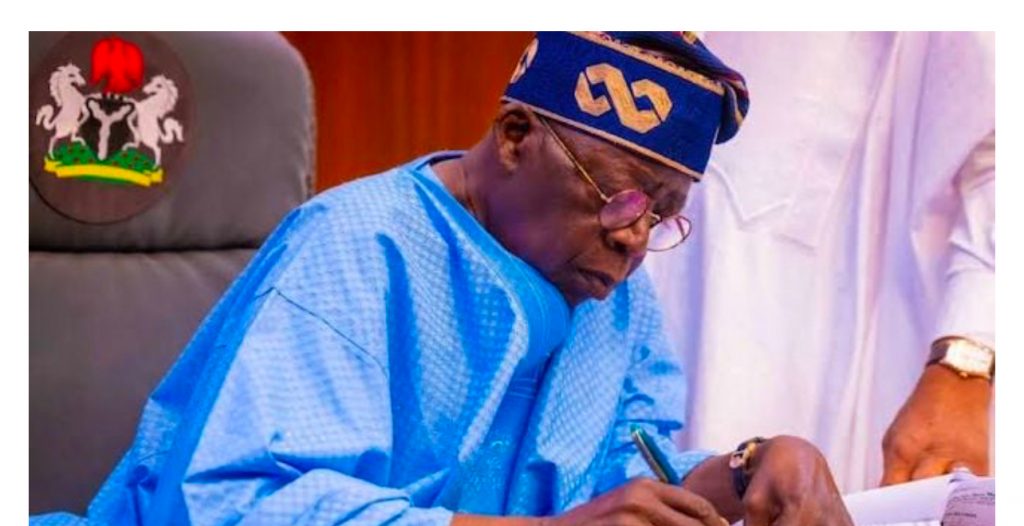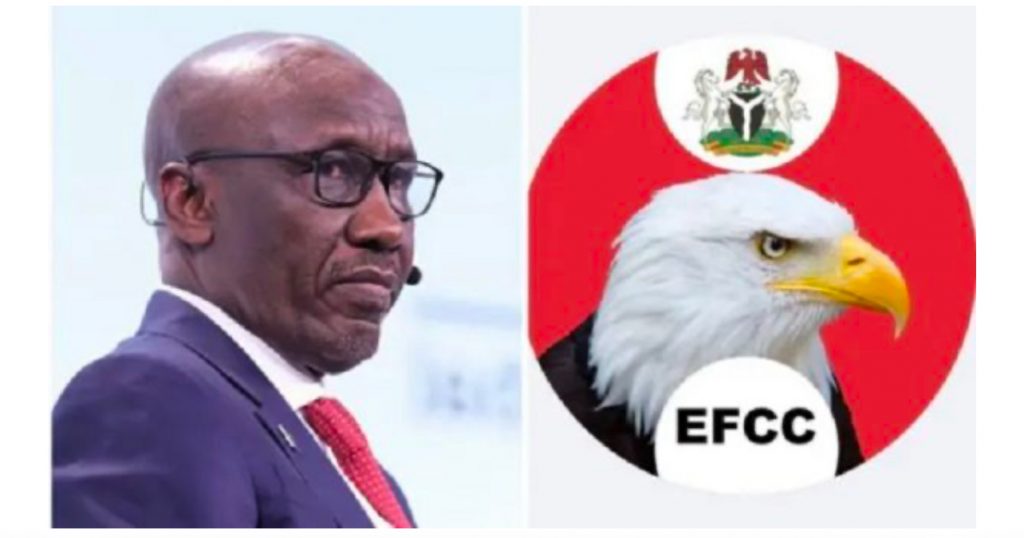
Ex-GCEO: I have nothing to hide
Former Group Chief Executive Officer (GCEO) of the Nigerian National Petroleum Company Limited (NNPCL), Mele Kolo Kyari, is being probed over funding of the repair work on refineries.
He was taken before investigators at the Abuja Headquarters of the Economic and Financial Crimes Commission (EFCC) yesterday.
As of 8:30pm, he had not been allowed to go, raising suspicion whether or not he was detained.
Under investigation, according to sources at the anti-graft agency, are:
•How the over $2 billion meant for Turn-Around Maintenance (TAM) was spent: The money, it was learnt, was made available, thus: $1.55 billion to the Port Harcourt Refinery; $740.6 million (Kaduna Refinery) and $656.9 million (Warri Refinery).
•The contracts awarded during his tenure:
Kyari, before submitting himself to interrogation, had always insisted he had nothing to hide.
In a statement on his invitation, titled: “Hard questions, honest answers”, Kyari said: “I have done my part; the EFCC must do theirs. When each of us does our duty – without fear of favor, with honour, respect and commitment – Nigeria moves forward.”
On arrival at the EFCC headquarters, his international passport was seized.
The four state-run refineries are: Port Harcourt Refining Company (PHRC) (2); Warri Refining and Petrochemical Company (WRPC) and the Kaduna Refining and Petrochemical Company (KRPC).
They have installed capacity to produce 445,000 barrels per day (bpd)
The two Port Harcourt refineries have a combined capacity of 210,000 barrels per day (bpd), Warri has a capacity of 125,000 bpd and Kaduna has 110,000 bpd.
But the refineries remained non-functional for years despite several attempts to refurbish them.
About $18 billion has been sunk into TAM since 2010 but the refineries were still in poor state.
According to an EFCC source, Kyari was asked to “state how much was voted for TAM during his tenure, what was expended and the balance, if any.
“Detectives were also curious to know how N4.8 trillion was incurred as operating costs on the refineries when they weren’t working.
“The most crucial aspect of the investigation is why the refineries broke down shortly after repairs.
“Some of his former top officials have refunded money to the EFCC from TAM cash. Kyari is to explain what he knew about how the slush funds came about.”
The source said: “After the probe of TAM, Kyari will proceed to the second phase of the investigation, which is about the humongous contracts awarded during his tenure.
“So far, we have seized his international passport to limit his movement to the country in the course of investigation.”
TAM has been a major money pit of NNPC in the last three years, in particular.
On June 24, 2022, the Federal Executive Council awarded Maintenance Services for Quick Fix Repairs of Warri Refinery to Daewoo Engineering and Construction Limited at $497, 328, 500.
The contract was different from the 2017 job award to Saipem Contracting Nigeria Limited for Tech Plant Survey of Warri and Kaduna Refineries at 2, 025, 000.32 Euros.
The rehabilitation of the Kaduna Refinery and Petro-Chemical Company (KRPC) had, in the past 10 years, gulped N2.26 billion.
The NNPCL approved a renovation deal with Daewoo Engineering and Construction Limited to renovate Kaduna Refinery in February 2023 to restore the refinery to production of 110,000 barrels of petrol per day and at least 60 per cent capacity by early last year.
Kyari was appointed NNPCL GCEO in 2019 and served till April 2, when his appointment was terminated.
On August 28, Kyari’s successor, Bayo Ojulari, said Nigeria lost between $300 million and $500 million monthly while the Port Harcourt Refinery was operating.
He said: “When I resumed, one of the first priorities I focused on was the refinery. I did a quick review to see if we could quickly fix it. What I found is that we were losing between $300 million to $500 million on a monthly basis in the refinery.
“We were pumping about 50,000 barrels of crude to go into the refinery. What was coming out was less than 40 per cent equivalent of what was coming in.”
Ojulari spoke in his Abuja office when he met with the leadership of Petroleum and Natural Gas Senior Staff Association of Nigeria (PENGASSAN).
After years of being in comatose, the NNPCL restarted the Port Harcourt Refinery in November, 2024. Kyari announced the reopening of the facility to a huge applause by Nigerians, but the operation was halted in May, barely one month after Ojulari’s resumption.
Ojulari said he halted the operation of the refinery to prevent further losses, and work towards a sustainable arrangement.
Ojulari explained: “The first thing we said was rather than continue to lose, let’s quickly stop and look for a way to put this refinery into a sustainably profitable venture.”
He said the NNPCL was working to revive the moribund refineries to operate at full capacity by adopting the Nigeria Liquefied Natural Gas (NLNG) model (Public, Private, Partnership), which PENGASSAN advocated during the meeting.
The NNPCL chief said talks were on to find a viable solution to the refining crisis, ensuring the refineries become a sustainably profitable venture.
He said the national oil company had concluded a technical review for the three refineries, pointing out that the long term neglect and lack of maintenance were major reasons behind the huge losses recorded monthly, despite the huge investments to make them work.
The NNPCL chief, who explained that a lot of money has been spent on the refineries, admitted that it has been challenging to translate those funds into profitability.
He likened the situation of the refineries to parking an old car for some time without any greasing and oiling. He added that the Port Harcourt Refinery has been difficult to put back because of years of neglect and it’s been difficult: when you fix one thing, the other thing is still there.
Post Views: 2,590

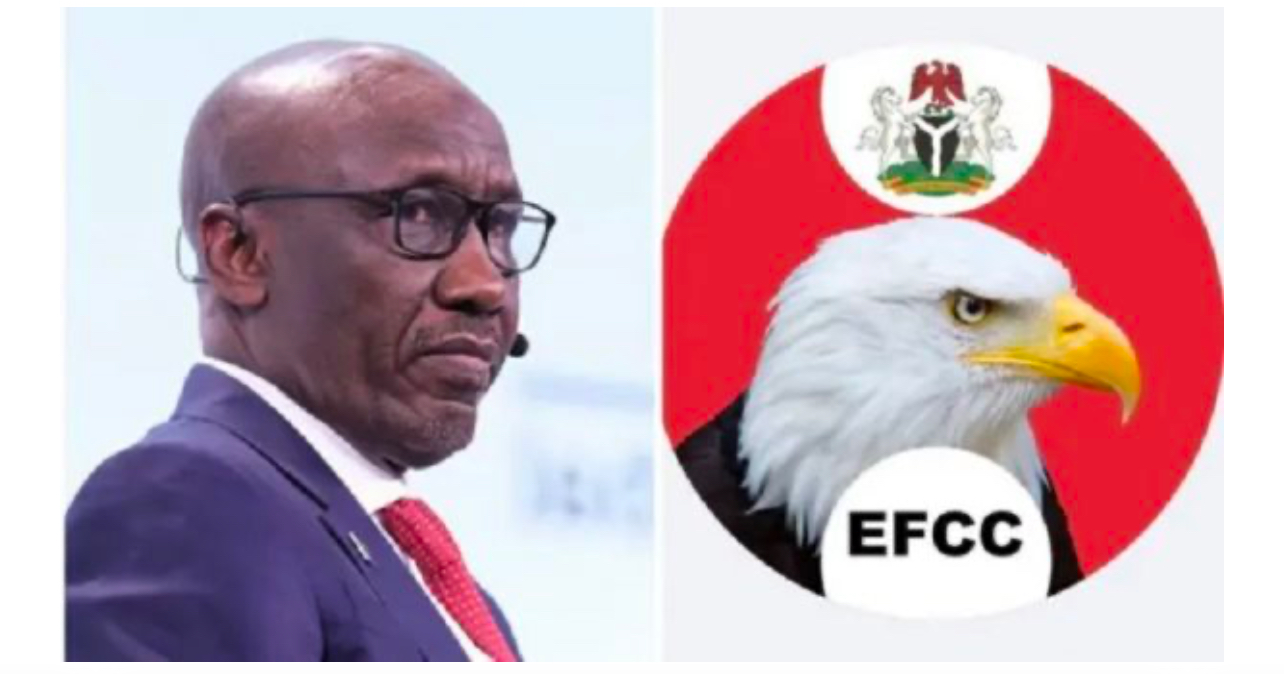

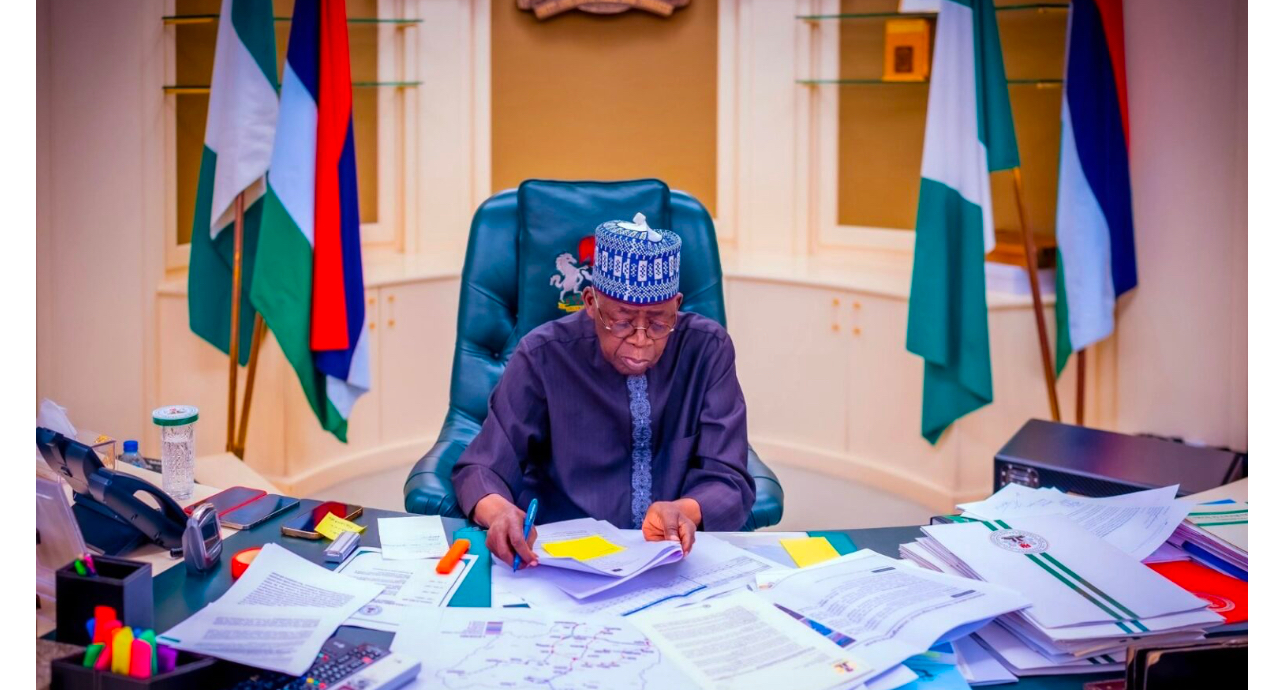
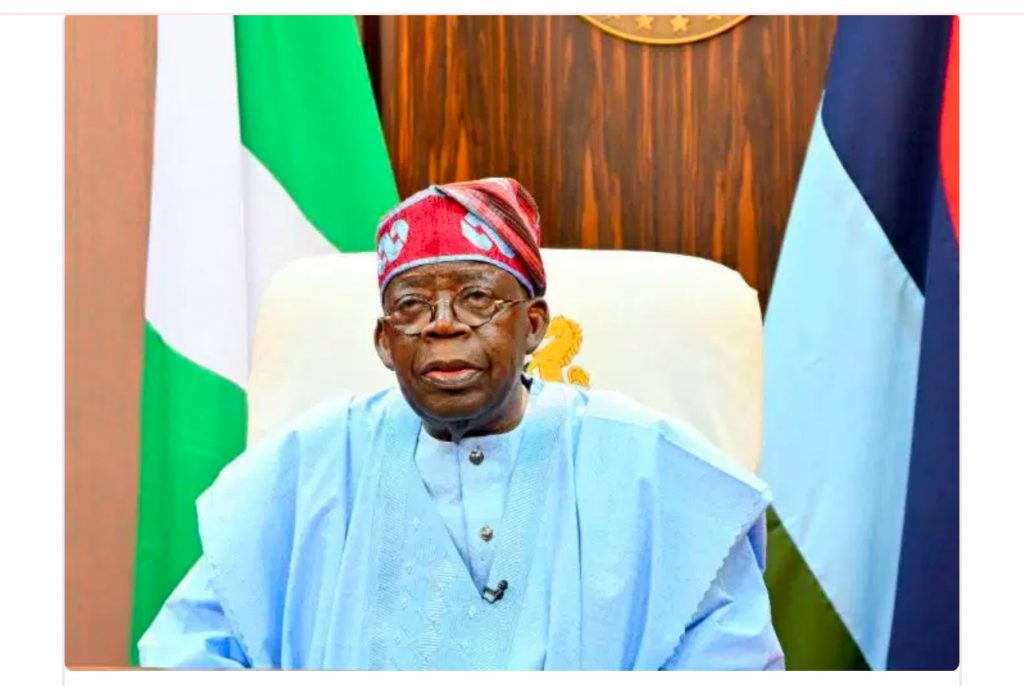 Disturbed by the state of training institutions for the Nigeria Police Force (NPF), Nigeria Security and Civil Defence Corps (NSCDC) and other internal security agencies, President Bola Tinubu has declared emergency on the facilities.
Disturbed by the state of training institutions for the Nigeria Police Force (NPF), Nigeria Security and Civil Defence Corps (NSCDC) and other internal security agencies, President Bola Tinubu has declared emergency on the facilities. 
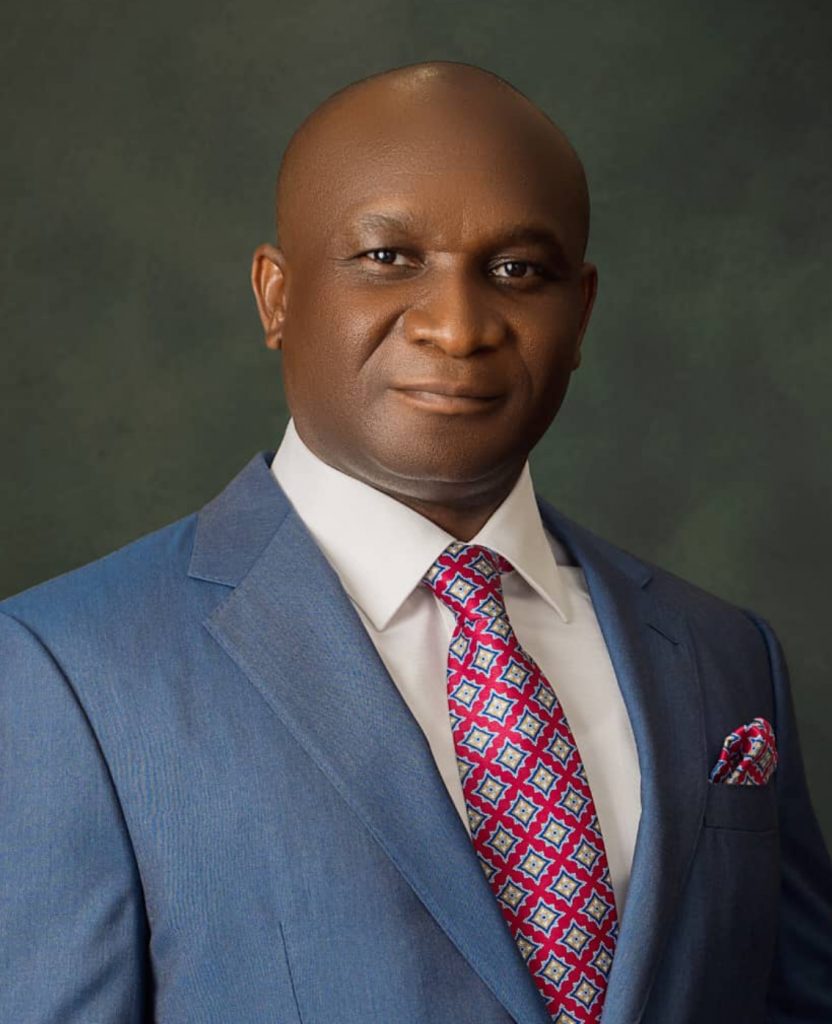 The Niger Delta Development Commission, NDDC, is hosting a two-day strategic meeting with commissioners, permanent secretaries, and directors of agriculture, fisheries & livestock in the nine Niger Delta states.
The Niger Delta Development Commission, NDDC, is hosting a two-day strategic meeting with commissioners, permanent secretaries, and directors of agriculture, fisheries & livestock in the nine Niger Delta states.